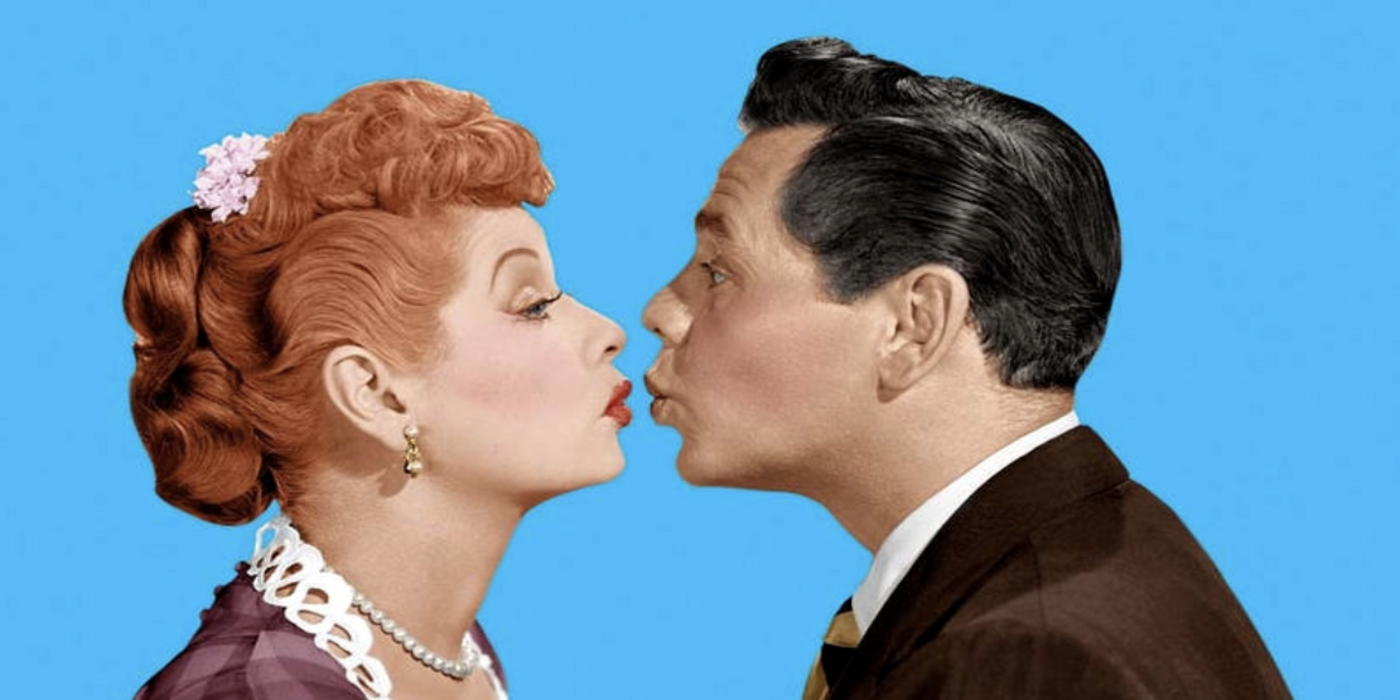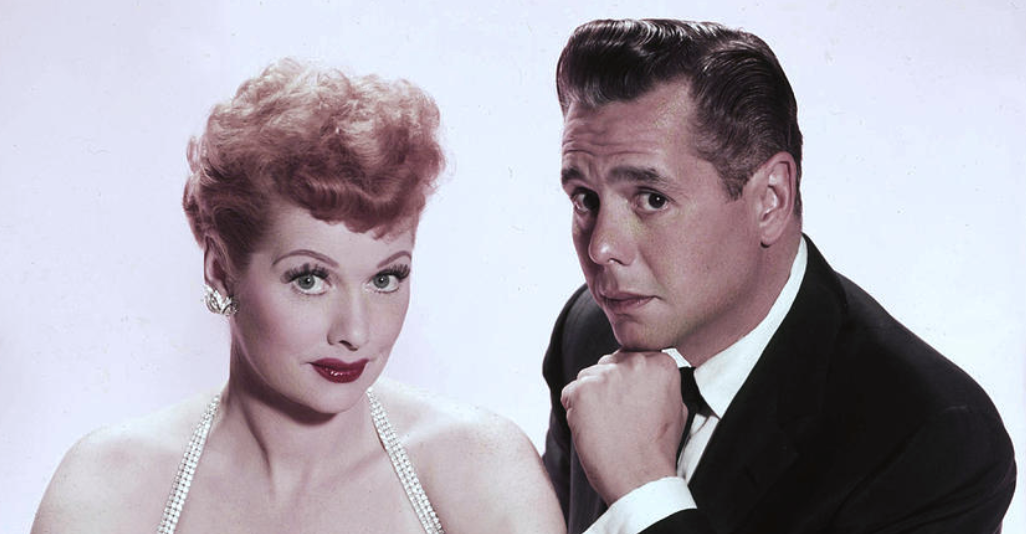
“Why ‘I Love Lucy’ Still Shapes Dreams—Even for a 21st-Century Teen Pursuing Engineering”
For one high school senior in Cinnaminson, New Jersey, turning on an episode of I Love Lucy is more than just a nostalgic escape—it’s an inspiration. The black-and-white sitcom that debuted over 70 years ago continues to shape her worldview, encourage her ambitions, and remind her that humor, resilience, and fearless individuality still hold power today.
“When I press play, it’s like I’m stepping into a time machine,” she says. “Lucille Ball’s vibrant hair and sparkling blue eyes greet me, as if she’s waving from another era directly into mine.”
Raised on reruns of the legendary sitcom, the student credits Lucille Ball with helping her become the young woman she is today. In Ball’s pioneering comedy, she found strength. In her relentless pursuit of happiness and purpose—even when faced with failure—she found drive. And in the deep friendship between Lucy and Ethel, she found an example of fierce female solidarity.
Lucille Ball, best known for her role as Lucy Ricardo, didn’t just make audiences laugh—she broke barriers. In the 1950s, at a time when women were largely cast in domestic roles both on- and off-screen, Ball built a media empire. She was the first woman to run a major Hollywood studio, Desilu Productions, and helped bring shows like Star Trek and The Untouchables to air. She wasn’t just an actress; she was a trailblazer.
“To me, she represents everything I aspire to be—resilient, creative, funny, and bold,” says the teen, who plans to major in engineering, a field where women still remain underrepresented. “Lucille showed me that being a woman isn’t a limitation—it’s a strength.”
She sees parallels between her own dreams and Lucy Ricardo’s endless schemes to break into show business—even if they often ended in chaos. Lucy’s unrelenting efforts to get into Ricky’s nightclub act, despite a lack of rhythm or pitch, weren’t just played for laughs. They modeled perseverance and the courage to chase dreams, regardless of what society says is “realistic.”
“I may not be trying to crash a stage act like Lucy, but I am applying to college engineering programs where women are still often the minority,” the student says. “Watching Lucy, I’ve learned that no door is truly closed if you’re willing to knock—sometimes loudly, sometimes with a pratfall.”
She also finds inspiration in the bond between Lucy and Ethel. Their sisterhood, often the comic centerpiece of each episode, carried a powerful undercurrent of loyalty and teamwork. Whether stuffing chocolates on a conveyor belt or scheming to sell homemade salad dressing, they always faced life’s hurdles—big or small—together.
“That friendship taught me so much about support systems,” she adds. “They didn’t just laugh together—they lifted each other up, even when the plan went sideways.”
And while I Love Lucy may feel like a time capsule from the past, the lessons it teaches are more relevant than ever. The sitcom reinforces that ambition isn’t a masculine trait, and that humor is a tool for resilience, not distraction.

As she prepares to embark on her next chapter—college, career, and beyond—she carries Lucy’s spirit with her. It’s there in her drive to challenge gender norms, in her belief in herself, and in her appreciation for the beauty of being uniquely, unapologetically herself.
“Lucille Ball once said, ‘All good things come hard, but wisdom is the hardest to come by,’” she says. “I’m still learning, step by step. But thanks to Lucy, I know that wisdom—and everything else worth chasing—is within reach.”
Even when the credits roll and the screen fades to black, Lucy’s legacy lives on—one laugh, one lesson, and one dream at a time.
